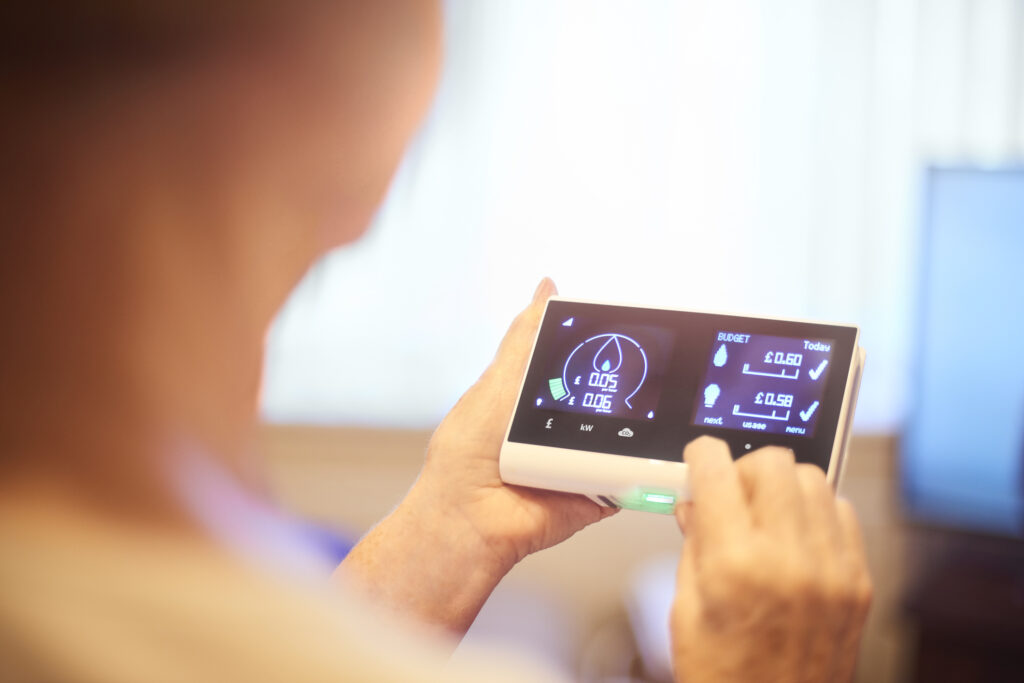The government is to extend the deadline for energy suppliers to install smart meters in homes by four years to 2024.
The extension, included within a consultation document published yesterday, ends months of speculation that the Department for Business, Energy and Industrial Strategy (BEIS) would relent amidst mounting pressure from suppliers that the current 2020 deadline was impossible to reach.
Cost projections for the rollout have also soared to at least £13 billion.
BEIS said that while the current 2020 obligation had helped the rollout “set out the foundations and capability” to build a national smart meter infrastructure, the time was right now to move “away from a framework with a high degree of flexibility” and implement a more clearly defined one.
As a result, BEIS said it would not be extending the current framework beyond 2020 but instead replace it with a new supplier licence obligation that would come into effect from 1 January 2021, aiming towards suppliers completing the roll-out “as soon as practicable” with a monitoring framework lasting until 31 December 2024.
Draft legal text which includes changes to condition 39A of electricity supply licence has too been published.
Analysis: Liam Stoker, editor in chief, Current±
It won’t come as much as a surprise to the industry that the smart meter rollout programme has been extended. In truth, this has been inevitable for some time given the sheer scale of progress that would have been needed in just 15 months.
Suppliers, particularly the Big Six, have been voicing their concerns for some time now that not only was the deadline unrealistic, but enforcing it only stood to drive energy bills up for consumers, something which would have been wholly counterintuitive for the programme.
But what it says about this new government’s approach to energy policy could be more significant. Here was a government target the industry has known about for quite some time, and BEIS has now relented to pressure and kicked it into the medium- to long-grass.
If this government is prepared to do this for smart meters, regarded as critical for the energy transition, then what’s stopping it from doing the same for other clean energy measures, or even the net zero target?
The consultation claims that while nearly 15 million smart meters have been installed to date, and the implementation programme remains on track to offer smart meters to every home by the 2020 deadline, there is a need to extend the installation deadline to “ensure… the rollout continues with this positive momentum after the end of 2020”.
A new regulatory framework has been proposed as a result, extending the regulatory framework from 31 December 2020 to 31 December 2024.
BEIS said it had identified four specific design principles for the new obligation to adhere to, specifically;
- To encourage consumers to benefit from the rollout of smart meters, including how to use the data from their smart meters;
- To deliver a market-wide rollout of smart meters as soon as possible, that ensures value for money, and maintains installation quality so that consumers can derive maximum benefit and have a good experience.
- To normalise smart meters so they are the default meter used in Great Britain; and
- To give certainty to the whole sector to invest and plan, ahead of and beyond 2020.
The consultation poses a series of questions to industry and has imposed a deadline of 11 November 2019 for responses.






